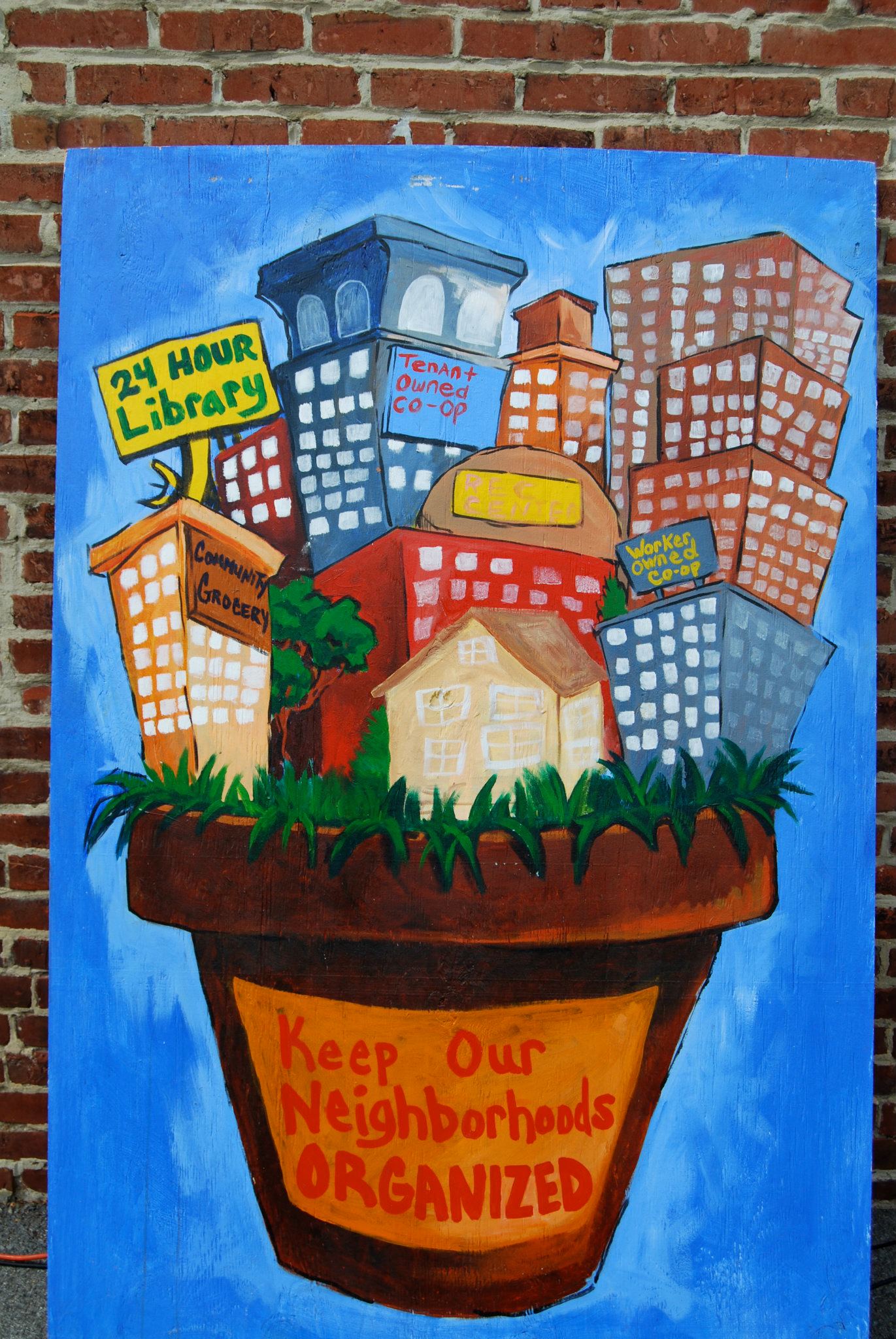Introduction
A small business owner of thirty years, Goldie Cornelius Johnson, warned in a 1993 letter to the D.C. Council regarding Business Improvement Districts (BIDs) that, “elected officials are the only group citizens can hold accountable,” and argued that this “power should not be given or delegated to anyone who would not be accountable to anyone or anything.” Johnson was right to be wary, as there are now ten different BIDs operating in D.C. who cannot be held accountable by the people who live within the areas they oversee. Although BIDs engage in a variety of community-oriented initiatives, their structure, focus, and impact have primarily benefited affluent, predominantly White, residents, which has exacerbated an already racially divided city and aided the “intense” gentrification that has taken over the District.
This paper will explore the history of BIDs, how they work, for whom they work, and will ultimately suggest a new path for them, one that is inclusive and supports everyone. It is my contention that BIDs feed a system of inequality that must be corrected now in order for the District must be put on a course for justice and equality.
A Radical BID: The Case For Business Improvement Districts To Be Function As Multi-Stakeholder Cooperatives That Advocate For Equity In Communities: Link to paper.

